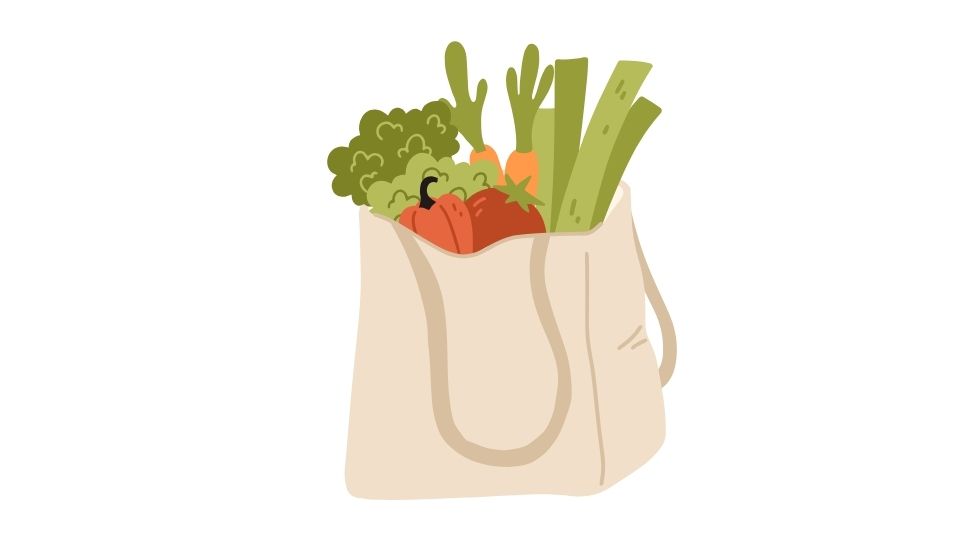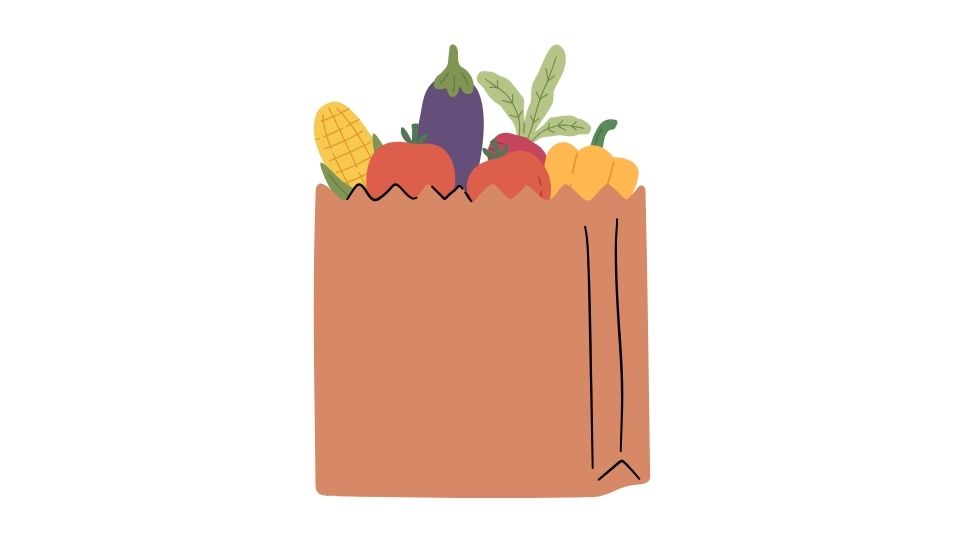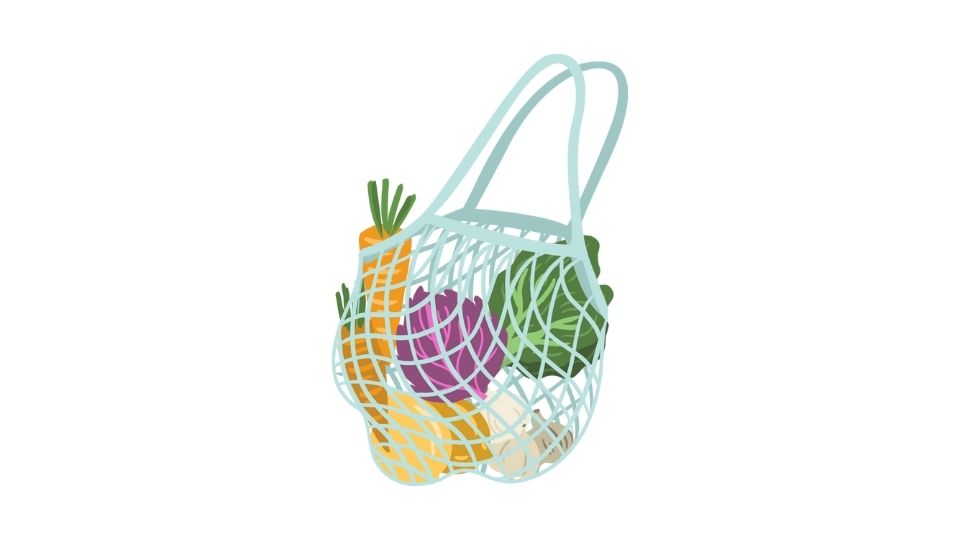Why Is Citric Acid Added to Food?

Ever opened your pantry and wondered what that citric acid ingredient listed on so many food labels actually does?
You’ve probably heard plenty of conflicting info. Some say it’s a dangerous chemical, others claim it’s totally natural. Let’s cut through the noise and figure out what citric acid really does (and doesn’t do) in our food.
What Citric Acid Actually Does in Your Food
Let’s break down the main reasons food companies add citric acid to nearly everything these days.
It Adds That Mouth-Watering Tartness

That tangy, sour kick you taste in everything from candies to sodas to sauces? That’s often citric acid doing its thing.
It’s basically a concentrated version of the same acid found naturally in lemons, limes, and other citrus fruits.
Food manufacturers love it because it provides a consistent tartness that’s more reliable than squeezing fresh lemons into every batch. Think about your favorite gummy candies or sour patch kids – that mouth-puckering sourness comes from citric acid.
According to food scientists at Michigan State University, this tartness also enhances other flavors in food, making everything taste more vibrant and alive.
It’s a Natural Food Preservative
Bacteria hate acid – and that’s good news for our food supply.
Citric acid creates an environment where many spoilage-causing bacteria simply can’t thrive. By lowering the pH of food, it extends shelf life without using artificial preservatives that consumers find sketchy.
This is why you’ll find citric acid in:
- Canned fruits and vegetables
- Jams and jellies
- Many packaged sauces and dressings
It’s particularly crucial in home canning, where it helps prevent deadly botulism bacteria from growing in low-acid foods like tomatoes, according to the National Center for Home Food Preservation.
It Keeps Food Looking Fresh and Colorful

Ever sliced an apple and watched it turn brown? That’s enzymatic browning – and citric acid helps prevent it.
By inhibiting oxidation reactions, citric acid maintains the bright, appealing colors of fruits and vegetables, even after they’re cut, processed, or frozen.
This is why citric acid is often found in:
- Pre-cut fruit platters
- Frozen fruit products
- Dried fruits
It Helps Your Body Absorb Minerals Better
Beyond just making food taste and look better, citric acid actually helps your body absorb important minerals.
It forms soluble complexes with minerals like calcium and magnesium, making them more bioavailable – meaning your body can actually use them more efficiently.
This is why calcium citrate supplements are often recommended over calcium carbonate for people with low stomach acid or absorption issues, according to research from the Journal of Clinical Nutrition.
What Citric Acid Definitely Does NOT Do

There’s some confusion about what citric acid actually does in food, so let’s clear that up:
It Doesn’t Add Bitterness
Despite what some people think, citric acid is sour, not bitter. These are different taste sensations entirely!
Bitterness comes from completely different compounds like certain alkaloids or flavonoids. When you taste citric acid, you get that tangy, sour sensation – not the bitter taste you’d get from coffee or dark chocolate.
It Doesn’t Add Sweetness
Citric acid is the opposite of sweet – it’s acidic and sour.
However, it does something interesting: by providing contrast, it can actually make sweet foods taste even sweeter. This is why many candy manufacturers use a combination of sugar and citric acid – the contrast enhances both sensations.
Is Citric Acid Something to Worry About?
With so many food fears floating around the internet, you might wonder if citric acid should be on your “avoid” list.
The good news: citric acid is considered one of the safest food additives around. It’s been designated GRAS (Generally Recognized As Safe) by the FDA and has been used safely for decades.
Some quick facts:
- It’s naturally occurring in many fruits and vegetables
- Your body actually produces small amounts of citric acid during metabolism
- It’s water-soluble and doesn’t accumulate in your body
- In some forms (like potassium citrate), it’s even used medically to prevent kidney stones
The vast majority of people have no issues consuming citric acid in food. However, a very small percentage may experience mild reactions if they’re extremely sensitive.
My Take on Citric Acid

After researching this topic thoroughly, I’m not worried about citric acid in my food.
In fact, when I’m making homemade jam or canning tomatoes from my garden, I specifically add citric acid to ensure they’re safely preserved.
That said, if you’re buying processed foods primarily because they’re convenient and shelf-stable (qualities citric acid helps create), you might want to consider whether more fresh, whole foods would be a healthier choice overall.
Remember, it’s not usually individual ingredients we should worry about – it’s the overall pattern of what we eat that makes the biggest difference to our health.
In summary, citric acid is a helpful, natural compound that makes our food tastier, safer, and more nutritious – nothing to fear, but good to understand!

